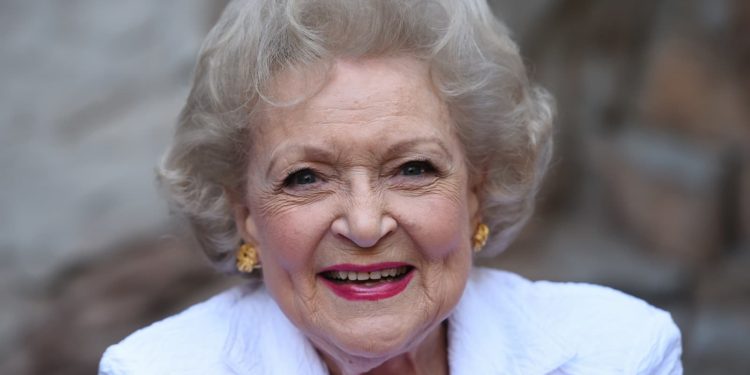



In a time where segregation was at the forefront of American issues, Betty White rejected attempts to keep a Black dancer off her show.
The dancer, Arthur Duncan, was featured on “The Betty White Show” which aired in the 1950s. When she was encouraged to take him off because of the color of his skin, she politely declined.
“I’m sorry, but, you know, he stays,” White said, according to a PBS biography.
White died on Friday, just a few weeks shy of her 100th birthday, news that prompted a look back on a career that included advocacy on many fronts.
Duncan told Steve Harvey in 2017 that White gave him his first job on TV during the premiere of Havey’s “Little Big Shots: Forever Young.”
“I was on the show, and they had some letters out of Mississippi and elsewhere that some of the stations would not carry the show if I was permitted to stay on there,” the then-83-year-old said.
►Betty White dies at 99:Here are some of her greatest career moments
“Well, Betty wrote back and said, ‘Needless to say, we used Arthur Duncan every opportunity we could.’”
White continued to resist the pressure coming from stations in the South and used Duncan more until the show was canceled in 1954 – the same year segregation in public schools was declared unconstitutional by the U.S. Supreme Court.
Duncan went on to have a lustrous career in show business and gained fame for being the first Black performer on “The Lawrence Welk Show,” according to The Library of Congress.

Over 60 years later, White and Duncan were reunited on “Little Big Shots: Forever Young” to Duncan’s surprise.
When Harvey asked what Duncan thought about seeing White again, he joked “God, I think I am ready to go now.”


